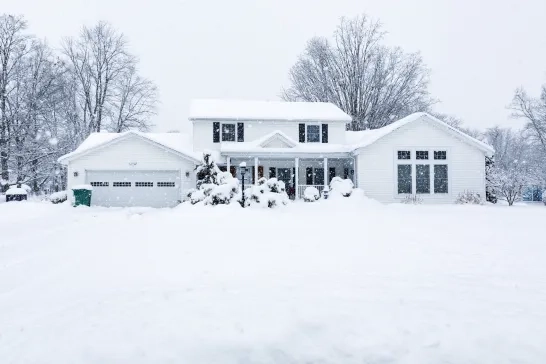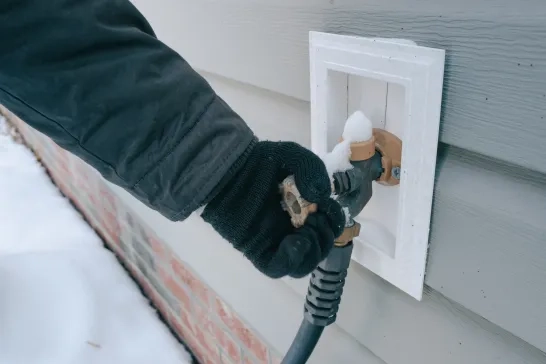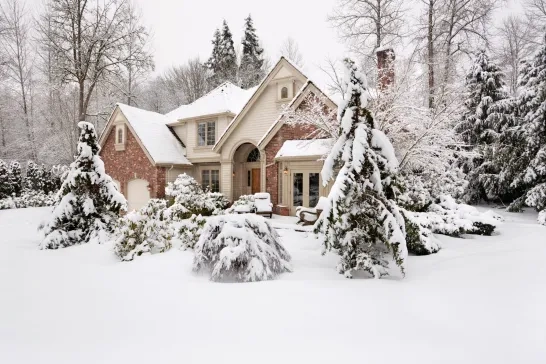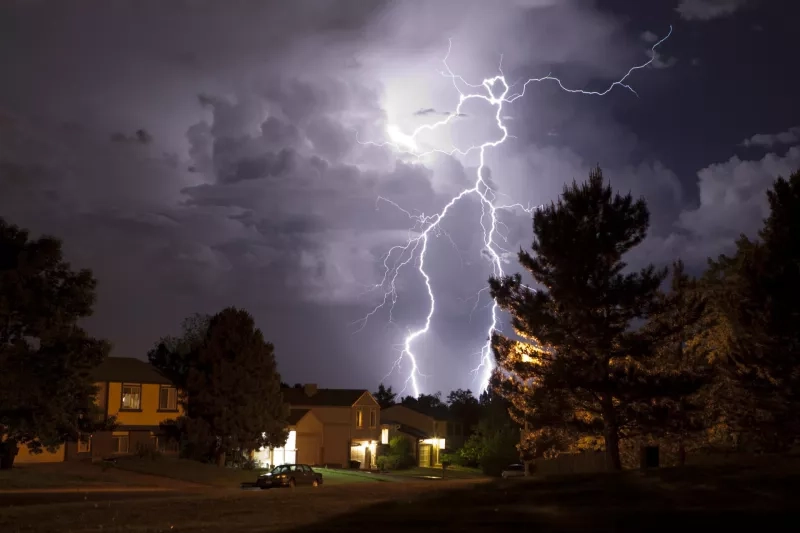
How to prepare your home for extreme weather
2 Minute Read
From torrential rain to wild winter storms, Canadians know that extreme weather can strike at any time. Is your home ready for whatever Mother Nature has in store?
Climate change is believed to be driving a global increase in the intensity, frequency, and duration of extreme weather events. According to 2025 research published in Nature, people born in 2020 will experience two to seven times as many extreme climate events in their lifetimes compared to a person born in 1960.
For homeowners, this means it’s more important than ever to think ahead when it comes to extreme weather. With a bit of forethought and preparation, you can help protect your property and your family.
Power up

Extreme weather can lead to power outages, sometimes for days or even weeks. To help you stay safe and comfortable at home during a prolonged power outage, ensure you have a few essentials on hand, including:
- Wind-up or battery-powered radio
- Wind-up and/or battery-powered flashlights
- Candles and matches/lighter
- Portable power bank to keep electronic devices charged
- Several bags of ice that can be used to keep perishable food cold longer (always follow food safety guidelines)
With the increasing frequency of power outages caused by extreme weather, you may want to consider investing in a generator to provide backup power for your home.
Stay dry
If you live in a flood-prone area, installing a sump pump can help keep water out of your home. As an extra precaution, store any valuables or sentimental items in a safe, dry place.
In winter, it’s important to take steps to prevent frozen pipes, which can burst and cause extensive water damage. During a prolonged power outage in cold weather, let faucets drip to keep water flowing and prevent freezing.
You should also conduct periodic inspections of your home’s foundation to find cracks or damaged areas and complete any necessary repairs to prevent water from getting in during a storm.
Do your chores
Keeping up with regular home maintenance can go a long way toward ensuring your home withstands extreme weather.
Roofs are particularly susceptible to damage from strong winds and even heavy snow loads. Consider having a professional inspect your roof at least once a year to pinpoint any issues that need to be addressed and make repairs or replacements as needed.
High winds, ice storms, and heavy snowfall can cause trees and shrubs to fall or be uprooted, potentially damaging your home. Make sure to trim any trees or shrubs that are close to your home and remove any dead or dying branches.
Consult an expert
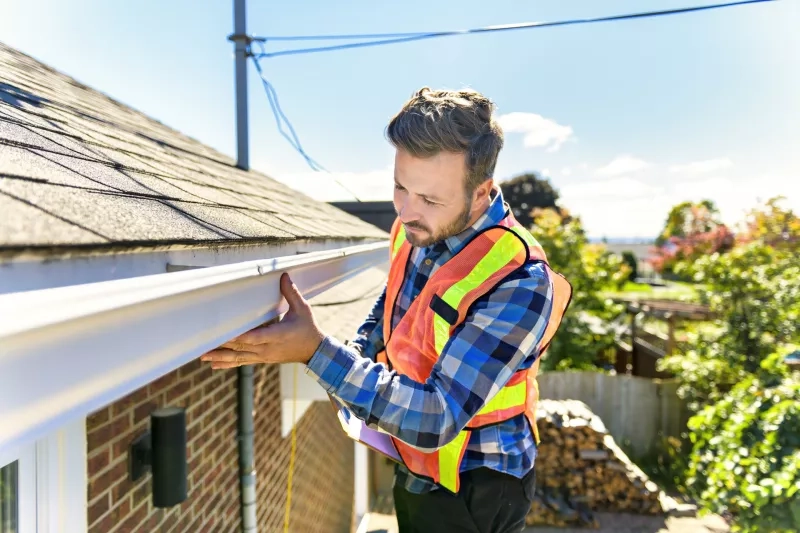
The following experts can help you as you take steps to prepare your home for extreme weather:
- A licensed electrician can provide advice on surge protectors, backup generators, and other electrical systems that can help protect your home during power outages caused by extreme weather.
- A roofing contractor to maintain and repair your roof to prepare it for extreme weather conditions.
- A certified arborist can provide guidance on properly pruning and trimming trees and shrubs.
- An insurance professional can make sure you have adequate coverage for your home and belongings.
Ensure your home insurance policy covers damage caused by extreme weather. CAA Insurance provides complimentary policy reviews, regardless of your insurer. Call 1-888-545-7254 and speak to a Licensed CAA Insurance Agent for a complimentary policy review, or visit GetCAAInsurance.ca for more information.


